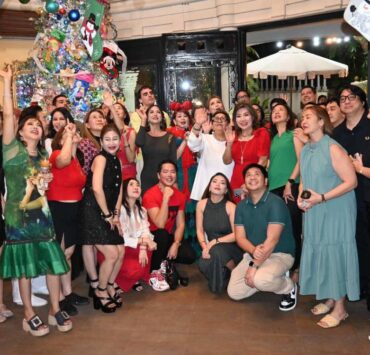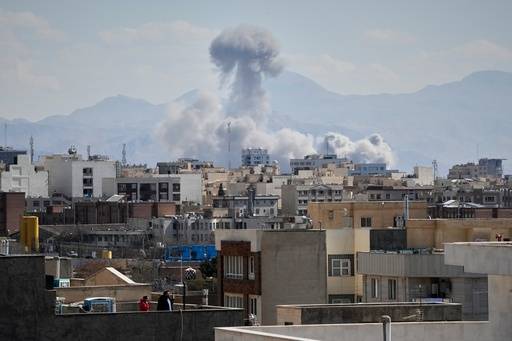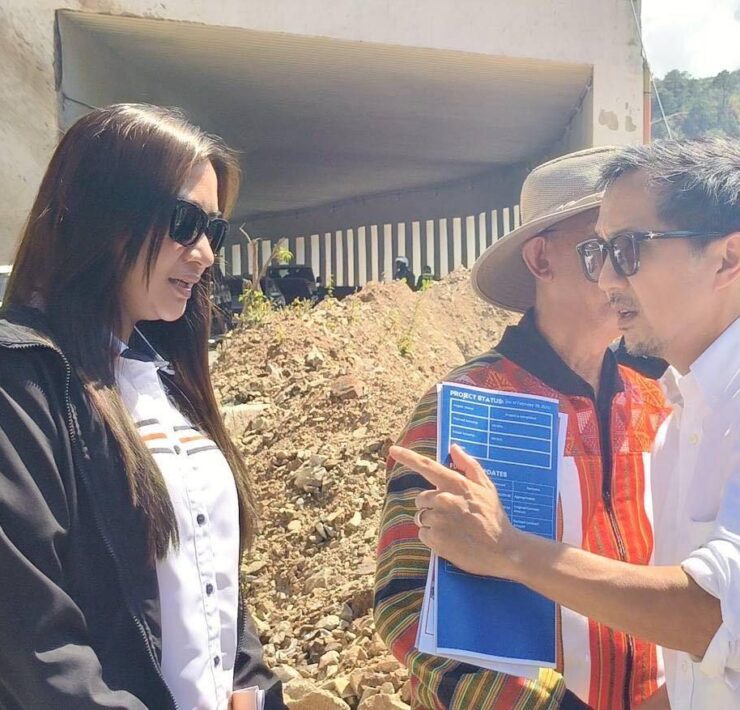The start of Jesus’ public ministry

Dec. 29—Feast of the Holy Family
Readings: Sirach 3:2-6, 12-14; Psalm 128, R. Blessed are those who fear the Lord and walk in his ways.; Colossians 3:12–17; Gospel–Luke 2: 41-52
The interesting thing about today’s narrative is this is the last story when the Holy Family is complete. Let us reflect on this as Jesus transitions from his youth to his public ministry.
The second and third points for reflection are Jesus telling his parents, “Did you not know that I must be in my Father’s house?” and Mary keeping “all these things in her heart,” respectively.
This narrative as a transition point for Jesus can be seen from two perspectives. One, it is the bridge between the infancy narratives and the public life of Jesus. In between are around 18 years of his hidden life.
What we must take note of is that in this episode, Jesus, at 12 years old, began to sense his identity and mission.
One lesson I offer for your reflection, especially for parents, teachers, or anyone tasked with the formation of the youth, is that there will come a moment in the life of a young person when he/she takes responsibility for something or someone.
Pivotal moment
I used to tell parents that once this moment comes in the life of their children, they must “get out of the way” and let them pursue their path.
This is also related to our second point for reflection: “Did you not know that I must be in my Father’s house?” Here Jesus clearly sensed his identity and mission, and started to take responsibility for it.
My unforgettable experience of this was with a first-year high school student who we asked to transfer to another school since he did not meet the cut for the grade requirements.
I had sat down with him and his parents to explain why it would be best for the young man to transfer to another school. They were all very open and cooperative.
The following day, the young man came back to my office to see me. He had written a letter taking responsibility for his failure and laid out his plans on how to do better.
I read the letter before I asked him into my office and when he entered, he was alone. I greeted him and asked where his parents were. He said they did not know he was reappealing.
Because of this—his taking responsibility for his failure, manning up to it—I granted his appeal. Three years later he got into the Ateneo de Manila college without any problems, went on to graduate, and years after earned a master’s degree from abroad.
“Did you not know that I must be in my Father’s house?” This reminds us that it is important to provide in our families safe and sacred spaces.
This is one of the great tasks of the family, to bring its members, especially the younger ones, with an encounter with the divine, an encounter that must lead to a sense of mission.
What is the purpose and meaning of my life? What is God asking of me? What is my mission?
Safe space
The safe space provides the opportunity for one to know him/herself, a self-awareness and self-acceptance that leads to a realistic knowledge of oneself, accepting one’s blessings and shortcomings, one’s virtues and vices.
This becomes solid ground for sacred space. Here lies the moment of encounter and the discovery of mission.
The final point: Mary keeping “all these things in her heart.” This represents not just the role of Mary discerning what was happening to her son that she may better accompany him to fulfill his mission, but also an invitation for all of us, especially the family.
We are all invited through Mary’s example to be, in our families, an understanding community, supportive of each other’s respective personal journeys and living out of our mission.
“Mary kept all these things in her heart. And Jesus advanced in wisdom and age and favor before God and man.”
All this took place in the environment of a family, the Holy Family.





















